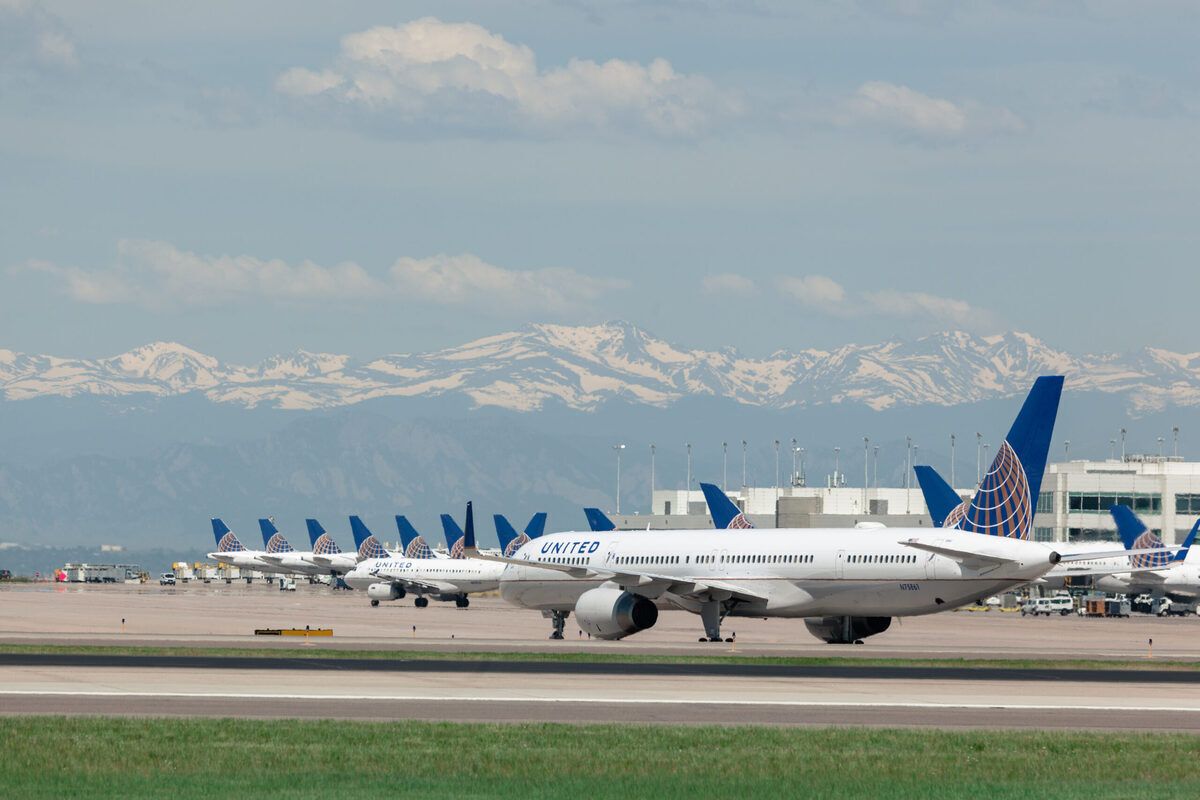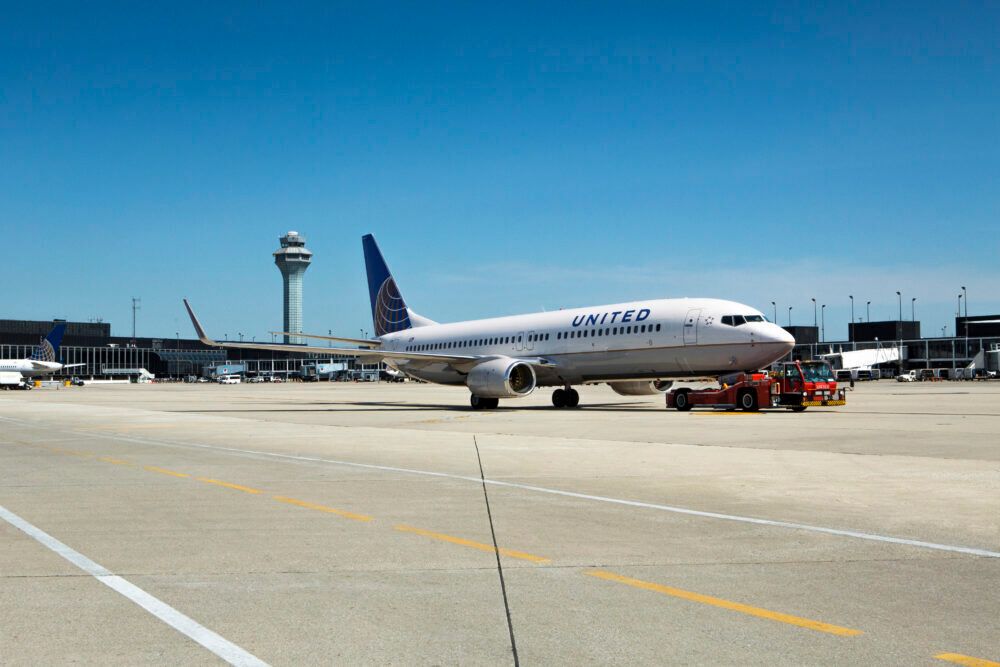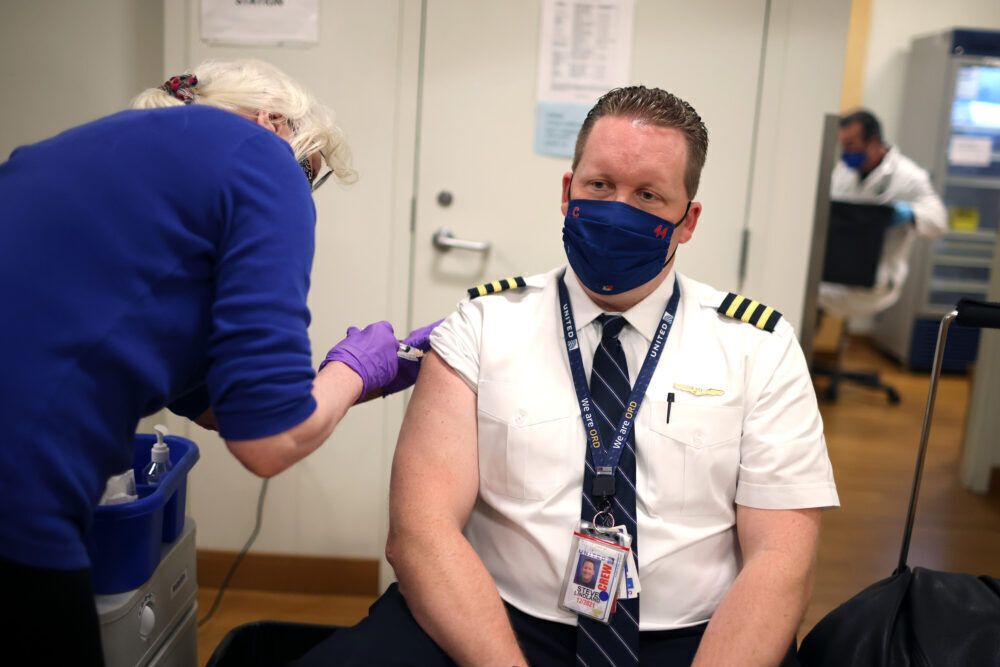Earlier this week, United Airlines confirmed that crew members would need to be vaccinated in order to operate flights to some countries. The airline will enforce mandatory vaccination on specific high-risk routes to areas considered to be COVID-19 hotspots. The new policy will come into force in August.
At the start of this year, United Airlines CEO Scott Kirby caused a certain amount of uproar for suggesting that airport and airline crew should have mandatory vaccinations. Many disagreed, saying that while vaccines should be encouraged, they shouldn’t be forced. Other major US airlines, including Southwest, Delta, and American, did not show as much enthusiasm.
Instead of making vaccines mandatory, United did the next best thing, offering both staff and passengers incentives to take the vaccine. Earlier this month, news broke that the airline will require all new hires to be vaccinated.
Now, United is saying that some crew members will, in fact, need to be vaccinated to fly certain routes.
Stay informed: Sign up for our daily and weekly aviation news digests.
Which routes are high-risk?
According to Reuters, crew members will only be allowed to operate flights to high-risk areas if they are vaccinated. Currently, the destinations United considers dangerous are; India, Brazil, Chile, Peru, Colombia, and Argentina. However, this list may soon also include China and Taiwan. Which countries make the list and which don't will be based on government advice.
From July 31st, crew members on any flight to these destinations will need to be vaccinated. The following day, all pilots will also need to be vaccinated. While the airline is reportedly hopeful that the list will shrink, new variants mean there is a chance more areas become high risk.
Reaching a deal with unions
Just last month, United concluded talks with the pilots’ unions, stating that the airline could not make vaccines mandatory. However, the airline can financially reward pilots who do choose to have the COVID-19 vaccine. Crew members who choose to be vaccinated can take extra vacation days. Furthermore, pilots can get an additional 13 hours of pay.
The airline also agreed it would not require unvaccinated pilots to operate flights to countries that require vaccinations. As vaccine border requirements around the world change, this could cause issues with work schedules.
In principle, United’s new policy should cause too many changes; it’s just another factor to consider when planning which pilots fly which routes. But issues could arise if countries change their entry requirements at short notice. Although since around 85% of the airline pilots have already been vaccinated, it won’t be hard to find a pilot that can fly.
Mandatory vaccination remains a controversial topic, with some insisting “no jab, no job,” while others say forcing people to have a vaccine is asking for legal trouble. Although CEO Scott Kirby hasn’t got his mandatory vaccination, this appears to be the next best thing.
What do you think of United’s policy? Should more airlines implement a similar scheme? Let us know your thoughts in the comments.



